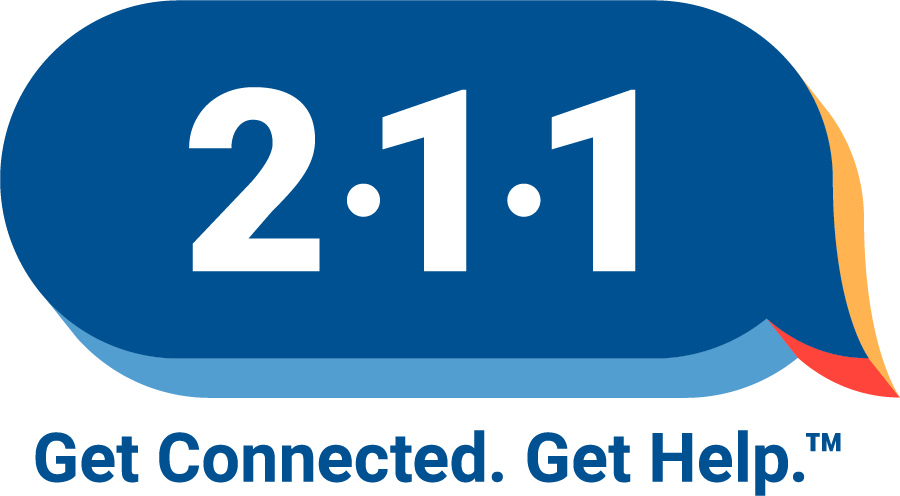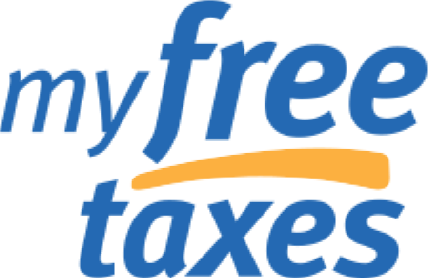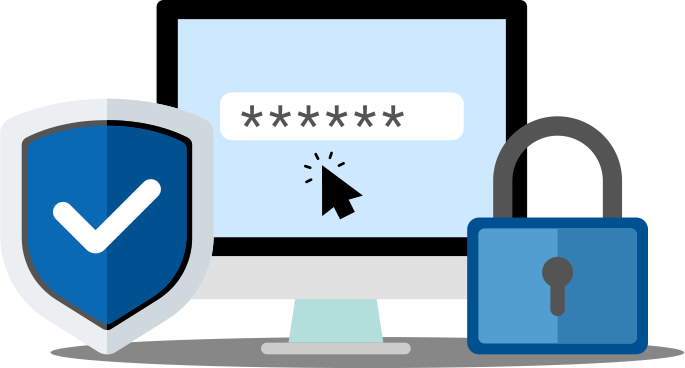Honoring LGBTQIA+ Pride, Acknowledging Work Still to Do

Read time: 7 minutes
“We have to embrace our differences to create freedom and acceptance for all.” — Jazz Jennings, LGBTQIA+ Rights Activist
At United Ways of California, we honor and celebrate observances like LGBTQIA+ Pride Month to promote a sense of belonging among our staff, to recognize and honor the significant contributions of historically marginalized or underrepresented voices, and to educate ourselves about inequities and injustices in our country.
In June and year-round, we believe it is important to celebrate the accomplishments and contributions of LGBTQIA+ people.
Celebrating Pride
History and the present are full of amazing individuals who identified as LGBTQIA+. Dance pioneer Alvin Ailey. Civil rights activist and champion Pauli Murray. Acclaimed author Audre Lorde. “America the Beautiful” songwriter Katharine Lee Bates. Tech developer, entrepreneur, and philanthropist David Bohnett. Economist John Maynard Keynes. Congressman Mark Takano. Codebreaker Alan Turing. Singer-songwriter Janelle Monáe. Neurologist and writer Dr. Oliver Sacks. Astronaut Sally Ride. The list goes on.
And California has more LGBTQIA+ people than any other state, according to the Public Policy Institute of California, with 9% of California adults identifying as such compared to 8% nationally.
The LGBTQIA+ community has been resilient, fighting for decades for civil rights afforded to non-LGBTQIA+ Americans. California and Californians have played a large role in the fight for LGBTQIA+ civil rights—in fact, a 1967 demonstration in the Silver Lake neighborhood of Los Angeles is often considered the birthplace of the movement—and we must continue this pursuit. By celebrating and honoring Pride Month, we honor this struggle while also celebrating and centering love, authenticity, and freedom.
While Pride began as an uprising and protest against incredible injustice, it continues today with another important form of resistance: joy.
Here are just a few ways California United Ways have celebrated and honored LGBTQIA+ people in their communities in recent years:
- Celebrating LGBTQIA+ contributions: Orange County United Way is hosting a virtual discussion this June honoring the LGBTQIA+ community and their contributions to Orange County.
- Showing solidarity: Staff from the United Way of San Diego County marched in the San Diego Pride parade last year, and United Way of Monterey County attended the Seaside Flag Raising Ceremony last summer.
- Educating ourselves and our communities: United Way Bay Area has released an excellent series of DEI learning materials on a wide variety of topics, and Volume 6 includes Pride-themed learning resources. United Way Fresno and Madera Counties posted a series of quotes and educational pieces on their social media throughout Pride Month last year.
- Granting funds to partners supporting LGBTQIA+ communities: United Way of Greater Los Angeles supports partners who provide shelters to people experiencing homelessness, including inclusive and welcoming spaces like the Los Angeles LGBT Center and Safe Place for Youth. And through United Way workplace giving opportunities, people across the state donate to nonprofits serving LGBTQIA+ communities.
Acknowledging Inequities Affecting LGBTQIA+ People
The LGBTQIA+ community has contributed to so much of our society. But many rights and protections for this community, when they exist, have just been enacted in recent decades—and inequities still persist today.
Historically, legal punishment for “deviance” was replaced with don’t-ask-don’t-tell policies and attitudes that continued to force LGBTQIA+ people to suppress who they were in most environments for a long time.
Legal anti-discrimination protections for LGBTQIA+ people in the workplace and communities were just enacted in recent decades. Marriage rights are even more recent, with same-sex marriage legalized in California in 2013 and only nationally in 2015; even now, the state Constitution still has explicit language about not acknowledging same-sex marriages, with Californians voting in this upcoming November’s election on whether to replace that language with the statement that marriage is a fundamental right. And rights of people in the transgender community have just begun being established in the last few years—and are currently being challenged through a recent uptick in discriminatory anti-transgender legislation being proposed across the country.
Though enormous progress has been made in recognizing and honoring the rights of LGBTQIA+ people in recent decades, homophobia and transphobia, stigma, policies, and other systemic barriers continue to pose real challenges for LGBTQIA+ people today. Plus, there are many LGBTQIA+ people who face additional systemic barriers due to other aspects of their identities, like race or disabilities.
California has strong state laws in place to protect LGBTQIA+ Californians. However, there are still many systems, hearts, and minds to change—including those of some elected officials working at the local level in the state—so that everyone is truly treated fairly and with dignity and respect.
Housing: According to the Human Rights Campaign Foundation, LGBTQIA+ people face significant housing discrimination. And LGBTQIA+ youth—especially those who are also people of color—experience homelessness at higher rates than their heterosexual, cisgender peers. According to a UN report, LGBTQIA+ youth represent just 5% of youth in North America but make up 20-40% of the youth homeless population. The Trevor Project reports, “28% of LGBTQ youth reported experiencing homelessness or housing instability at some point in their lives—and those who did had two to four times the odds of reporting depression, anxiety, self-harm, considering suicide, and attempting suicide compared to those with stable housing.” This means that needs specific to LGBTQIA+ youth must also be taken into consideration when addressing issues around housing and homelessness.
Financial stability: A recent report from the Human Rights Campaign Foundation says, “LGBTQ+ adults, and transgender and non-binary adults in particular, are more likely than the average American to feel like they are not doing well financially. … BIPOC LGBTQ+ people are more likely, on average, than their white peers to perceive that they are not doing financially well.” And United Way Bay Area shared that LGBTQIA+ people disproportionately lost jobs and income during the COVID-19 pandemic, with transgender and LGBTQIA+ people of color impacted even more.
Education: LGBTQIA+ youth face bullying and harassment at school and in their communities. According to GLSEN’s 2021 National School Climate Survey, a large portion of LGBTQIA+ students face hostile school environments and practices; for instance, about 82% of survey respondents felt unsafe in school because of an actual or perceived personal characteristic. This can lead to high dropout rates and poor mental health.
Systems designed to support: According to Equality California, LGBTQIA+ people also “face disproportionate rates of arrest, conviction, incarceration and recidivism compared to their non-LGBTQ+ peers. … These disparities are especially severe for transgender people and LGBTQ+ people who are Black, Indigenous, Latinx or Asian American and Pacific Islander.” LGBTQIA+ people also face discrimination from law enforcement, social service agencies, healthcare providers, and community organizations, according to an #Out4MentalHealth report.
211 compiles local, state, and national resources to support all people. To access resources in your area, including those specific to LGBTQIA+ communities, visit www.211ca.org or call 211.
California United Ways are dedicated to addressing housing needs, financial well-being, education, access to services, and more to ensure all Californians—including those who are LGBTQIA+—have access to resources and an equal opportunity to thrive. We also continue our commitment to equity in our workplaces and communities by celebrating Pride and uplifting resources to enhance staff learning and equitable practices.
Resources to Celebrate Pride
As a part of our commitment to equity, United Ways of California is gathering and sharing resources that might be helpful to our staff, network, and partners. If you want a place to start for your individual or collective learning this month, this LGBTQIA+ Pride Month guide is available to you as a resource as well.
Some additional ways allies—those who do not identify as LGBTQIA+ and want to support members of this community—can expand learning and practice to be inclusive of LGBTQIA+ community members:
- Consider how your workplace and programming can be inclusive and supportive of LGBTQIA+ people.
- Learn more about gender identity and pronouns, and honor preferences of your colleagues and community members. Don’t assume pronouns or gender identity. If your gender identity aligns with what people perceive, share your pronouns in your email signature and while introducing yourself to new people to help normalize the practice and create a safe space for others whose identities may not align with perception.
Embracing and supporting our LGBTQIA+ neighbors doesn’t have to be polarizing. Rather, it makes our communities stronger and more united.
Join us in celebrating LGBTQIA+ joy and the contributions of LGBTQIA+ people to our world and workplaces—this month and year-round.
“You do not have to be me in order for us to fight alongside each other.” — Audre Lorde, Writer and Civil Rights Activist



